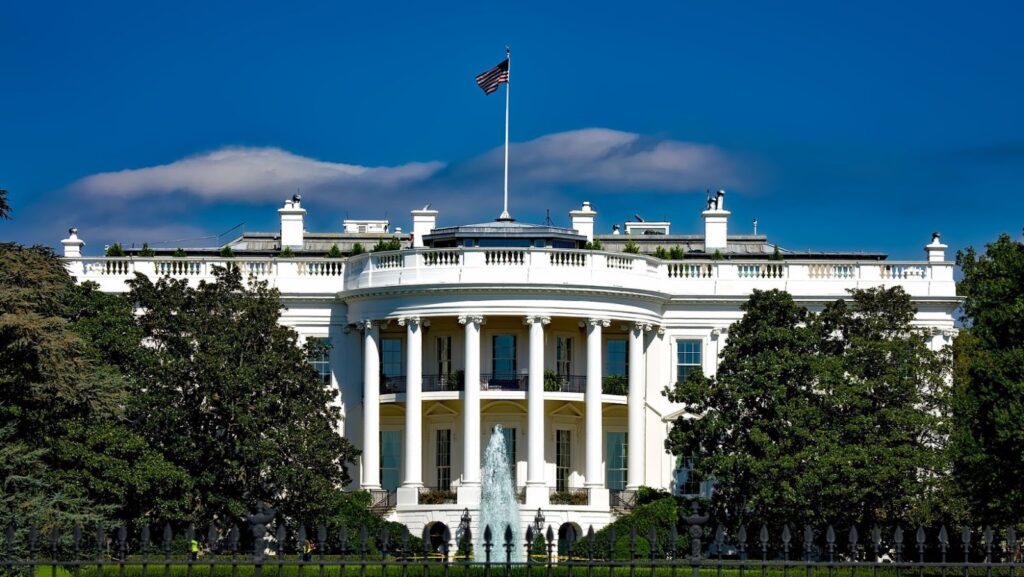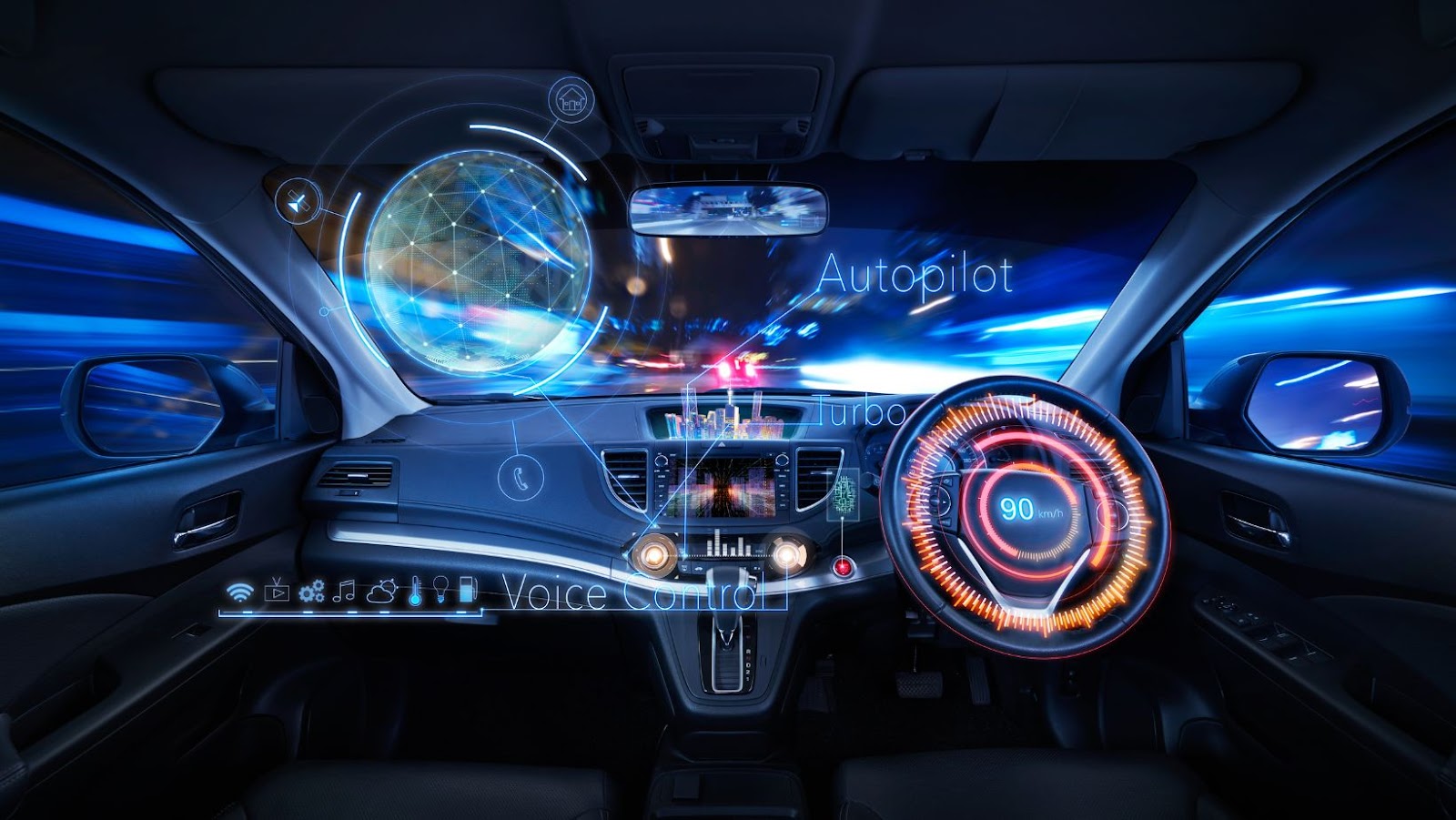
President Trump has granted clemency to former engineer Anthony Levandowski, who was facing 33 months in prison.
Levandowski was a project head at Google’s self-driving car unit, Waymo. He left the company to start his self-driving car company, Otto, which Uber quickly acquired.
Levandowski now stands to walk away without prison time or criminal consequences over his alleged theft of trade secrets from Google.
Trump pardons former Google self-driving car engineer Levandowski
Anthony Levandowski was a former Google engineer who oversaw the company’s self-driving car program, now called Waymo. He left the company in 2016 and joined Uber later that year as part of the ride-sharing giant’s effort to develop its autonomous driving technology.
In 2017, Google sued Uber for misappropriation of trade secrets, claiming that Levandowski had taken confidential information from Google with him and shared it with Uber. The case went to trial in 2018, but was settled out of court.
However, the Justice Department began a criminal investigation into Levandowski’s alleged tech theft. In August 2020, a federal grand jury indicted him on 33 counts of trade secret theft and attempted theft of Waymo’s proprietary technology. His sentencing hearing was scheduled to begin on April 19th, 2021.
On January 16th 2021 President Donald Trump granted Levandowski a full pardon despite the pending criminal charges against him, wiping away any possibility of serving jail time for his actions against Waymo.
Details of the trade secrets theft trial
On Wednesday, President Trump pardoned Anthony Levandowski, who was facing a possible 10-year prison sentence for theft of trade secrets in self-driving cars. He was a former Google engineer who left the company to start his self-driving car company, Otto, which Uber later acquired.
Levandowski had allegedly copied 14000 confidential files and trade secrets from Google’s servers in 2015 before leaving the company. As a result, he was charged and sentenced in 2020 for violating the Defend Trade Secrets Act and was facing 10 years of imprisonment. However, he received amnesty from Trump on January 20th 2021 and is now no longer liable for any criminal or civil sentence or judgement of any kind arising from his conduct associated with the alleged acts.
Technology companies have highly criticised the move, who argue that this pardon sends a message that developers can get away with stealing their data without consequence. This comes amid an ongoing legal dispute between Google and Uber over trade secret theft allegations.
Trump’s Pardon
On Tuesday, President Donald Trump issued a full pardon to Anthony Levandowski, the former Google engineer who pleaded guilty to stealing trade secrets related to the company’s self-driving car project.
This pardon was met with mixed reactions, with some people praising the President for granting amnesty and others criticising him for setting a bad precedent.
This article explores the different arguments made regarding Trump’s pardon.
Reasons for the pardon
On May 31, 2021, the White House announced that President Donald Trump had pardoned Anthony Levandowski, a former Google engineer being prosecuted for taking trade secrets from the tech giant. In recent years Levandowski gained notoriety for founding a self-driving car company and eventually being accused of stealing intellectual property from his former employer.
The presidential pardon is intended to end the protracted legal battle, which has been ongoing since 2017 when Levandowski was first accused of stealing 14,000 documents from Google’s computers and giving them to Uber. As part of the agreement for the pardon, Levandowski voluntarily agreed not to contest any civil or criminal cases related to his actions at Google.
The decision by Trump to grant clemency in this case raises several questions about executive overreach and precedent. First, while it is true that presidential pardons are often granted in cases involving high-profile individuals or those with political influence—and that Trump has issued 140 pardons or commutations since he took office—it also seems reasonable that a case featuring corporate espionage should have greater implications than simply showing favoritism.

Some commentators view this act as an effort by the president to give Levandowski more lenient treatment after finding himself caught up in a hardball legal battle with one of Silicon Valley’s most powerful companies. Proponents argue that Levandowski received unfair treatment within Google’s walls and faced immense pressure in court proceedings due to his celebrity status and expansive wealth resulting from his success within the tech industry.
Ultimately, this pardon illustrates Donald Trump’s unilateral power while in office and how far said power can be stretched without overreaching constitutional limits. Despite some objections raised on legal grounds, what remains clear is that Trump had continued his long-standing practice of using pardons to provide reprieve in unique cases otherwise deemed unsolvable through traditional channels.
Reaction to the pardon
The decision by President Donald Trump to pardon former Google engineer Anthony Levandowski has elicited a wide range of reactions. Supporters of the decision applauded the move, stressing that the pardon was warranted due to Levandowski’s extensive accomplishments and contributions in autonomous vehicle technology. However, opponents denounced the pardon, viewing it as a signal of approval for intellectual property theft and suggesting that it could lead to future distortions in markets and a lack of respect for protecting inventors’ contributions to society.
Commentators also noted that some have interpreted this action as part of an effort by the Trump administration to deregulate Silicon Valley, particularly on antitrust concerns surrounding market power centralization and consolidation. However, many argued that these issues are deeper than simply offering pardons, and alternative policy proposals are needed to address these underlying structural issues plaguing the industry.
Overall, analysis suggests that opinion remains divided on whether or not Trump’s decision was appropriate and whether it signalled favouritism toward Silicon Valley firms over smaller startups who cannot compete with their level of resources. So for now, actors on both sides will wait for further developments to determine what impact this decision could have moving forward.
Implications
President Trump’s pardon of former Google self-driving car engineer Anthony Levandowski on Wednesday has raised many questions about potential implications.

At the time of Levandowski’s pardon, he was on trial for stealing trade secrets from Google, which could have resulted in a lengthy prison sentence. Thus, the implications of his pardon are both legal and ethical.
With this in mind, let’s dive into the implications of this pardon.
Impact on the tech industry
The decision by President Donald Trump to pardon former Google self-driving car engineer Anthony Levandowski amid an ongoing trade secrets theft trial stands to send a strong message to the tech industry. While some may worry that the move could undercut the value of intellectual property in America, providing an incentive for future thievery, others suggest that it signals the Trump administration’s passion for innovation and its willingness to stand up for inventors and engineers in cases of legal battles.
The issues involved are complex. On one hand, Levandowski was accused of stealing more than 14,000 files from Google while working as an engineer at its autonomous driving division – Waymo – before switching to Uber. He then used those documents at Uber in their self-driving car development project. On the other hand, Levandowski is far from the only experienced executive or engineer to defect from one company to another amid legal charges of IP theft – a situation many executives and engineers face in Silicon Valley as talented individuals are hired away by rival firms who wish to capitalise on their knowledge and experience.












